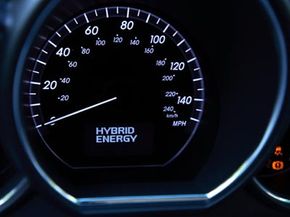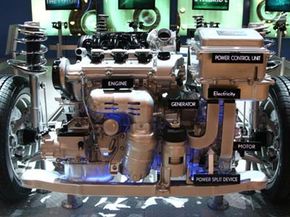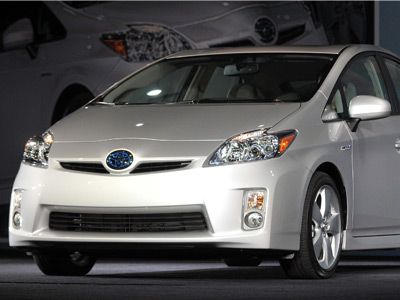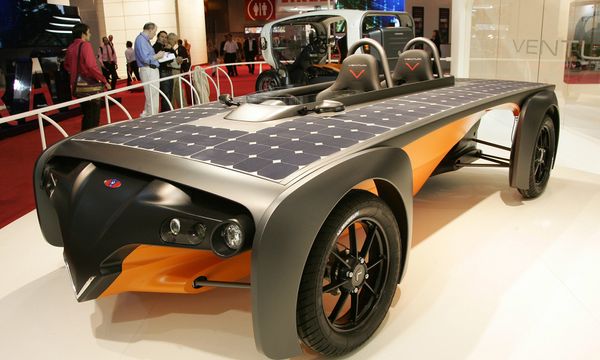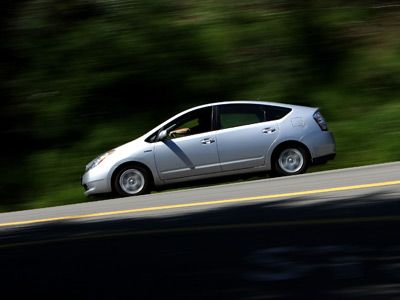Part of America's love affair with cars is the desire for speed. Sure, we're attached to automobiles for several other reasons -- they get us comfortably from one point to the next, and we're even willing to sit through grueling traffic jams in them just to get to work or to the grocery store. But the rumble of the engine, the whine of the gears shifting upwards and the wind flowing through an open window is a common, iconic image. It's probably no coincidence that lots of American road movies include montages that attempt to convey that sort of feeling.
The rising popularity of hybrid cars within the auto industry, however, is changing that familiar perception. For one, most fuel-efficient vehicles don't necessarily rumble. In fact, most employ a function that allows the gasoline engine to stop running while sitting in traffic, coasting or even when the car is driving at lower speeds. Instead, a hybrid vehicle uses a quieter electric motor to conserve fuel and produce fewer emissions.
Advertisement
But despite being known for having good fuel efficiency and promoting eco-friendly driving, some have criticized hybrid vehicles for a variety of reasons. Some have questioned, for instance, the reliability of hybrid battery packs, claiming that they tend to be faulty and that they're expensive to replace. This is largely untrue, and nearly every car company producing a hybrid vehicle guarantees their battery pack for the life of the car.
Other critics, at least those that have grown accustomed to faster speeds associated with modern gasoline-powered cars, have noted that hybrid cars are typically slower than regular automobiles. The claim is that by focusing on fuel-efficiency and lower emissions, hybrid cars are sacrificing higher speeds and more power, slowing down their performance. Because this doesn't gel with the typical image of the fast American car, some drivers are a little turned off by this.
So, are hybrid cars really slower than regular cars? Why is this? And is that really the point for someone concerned about green driving?
Advertisement
